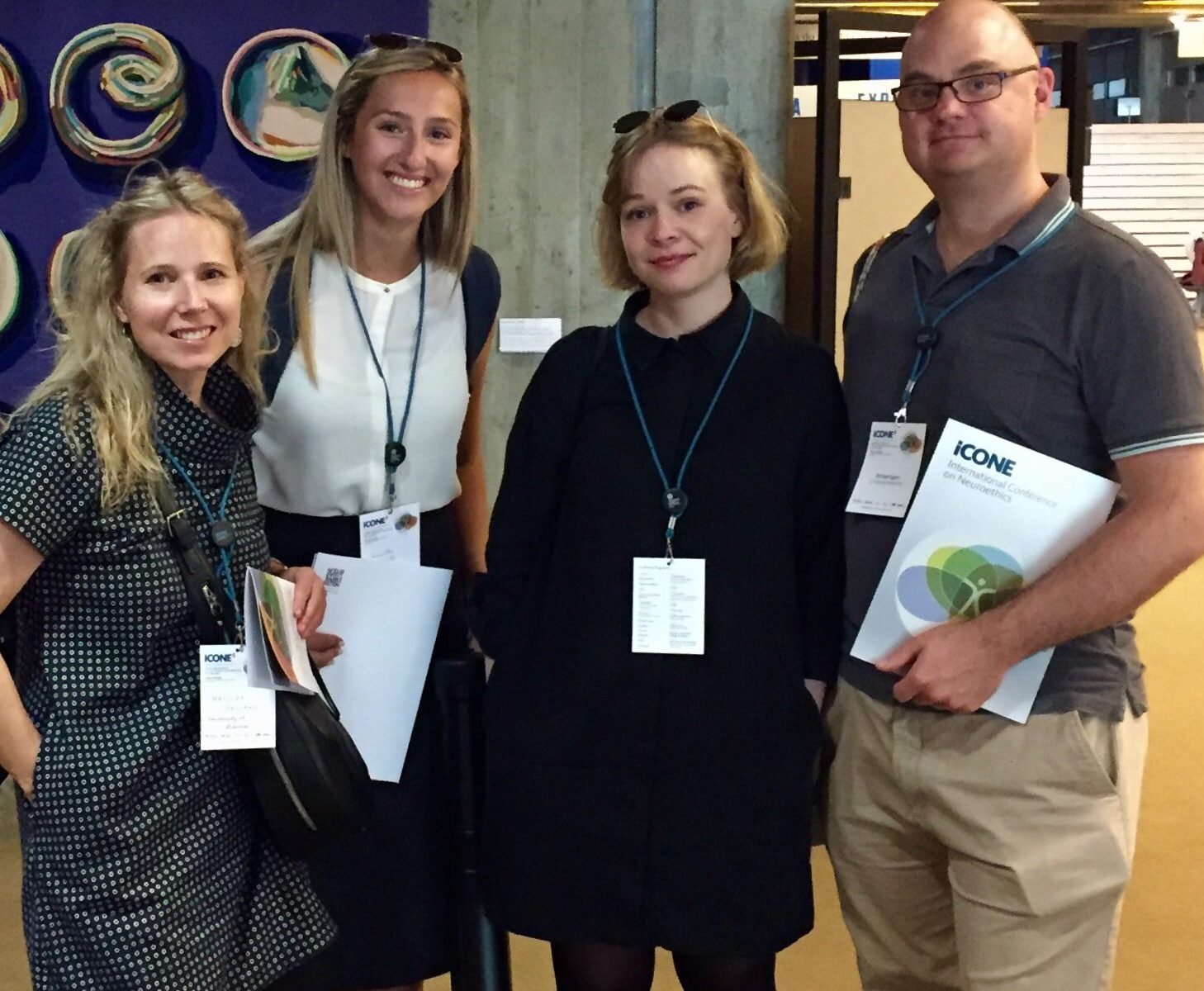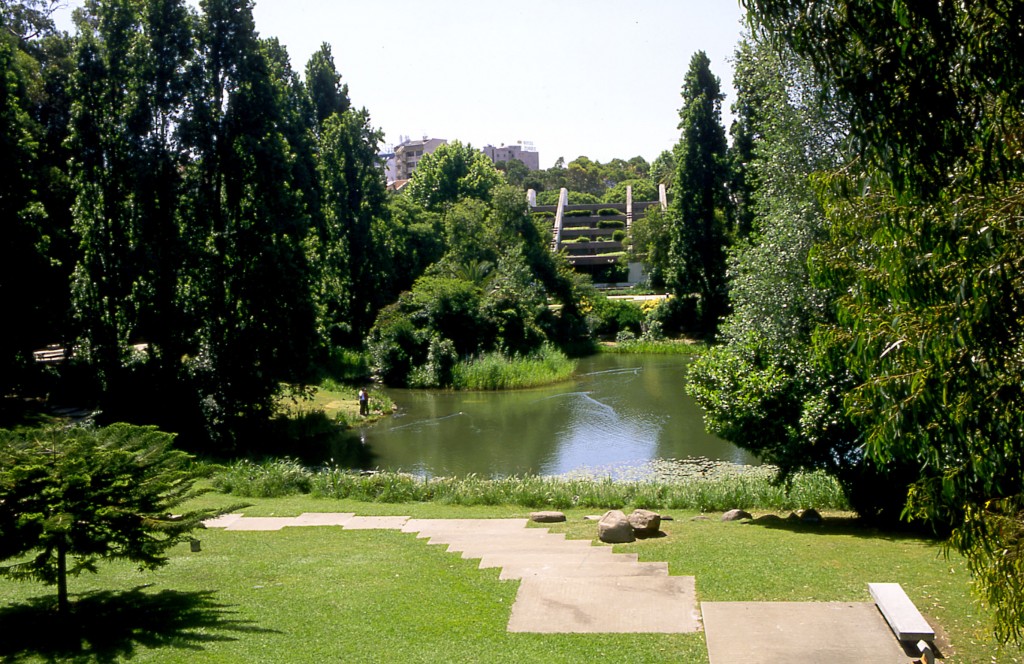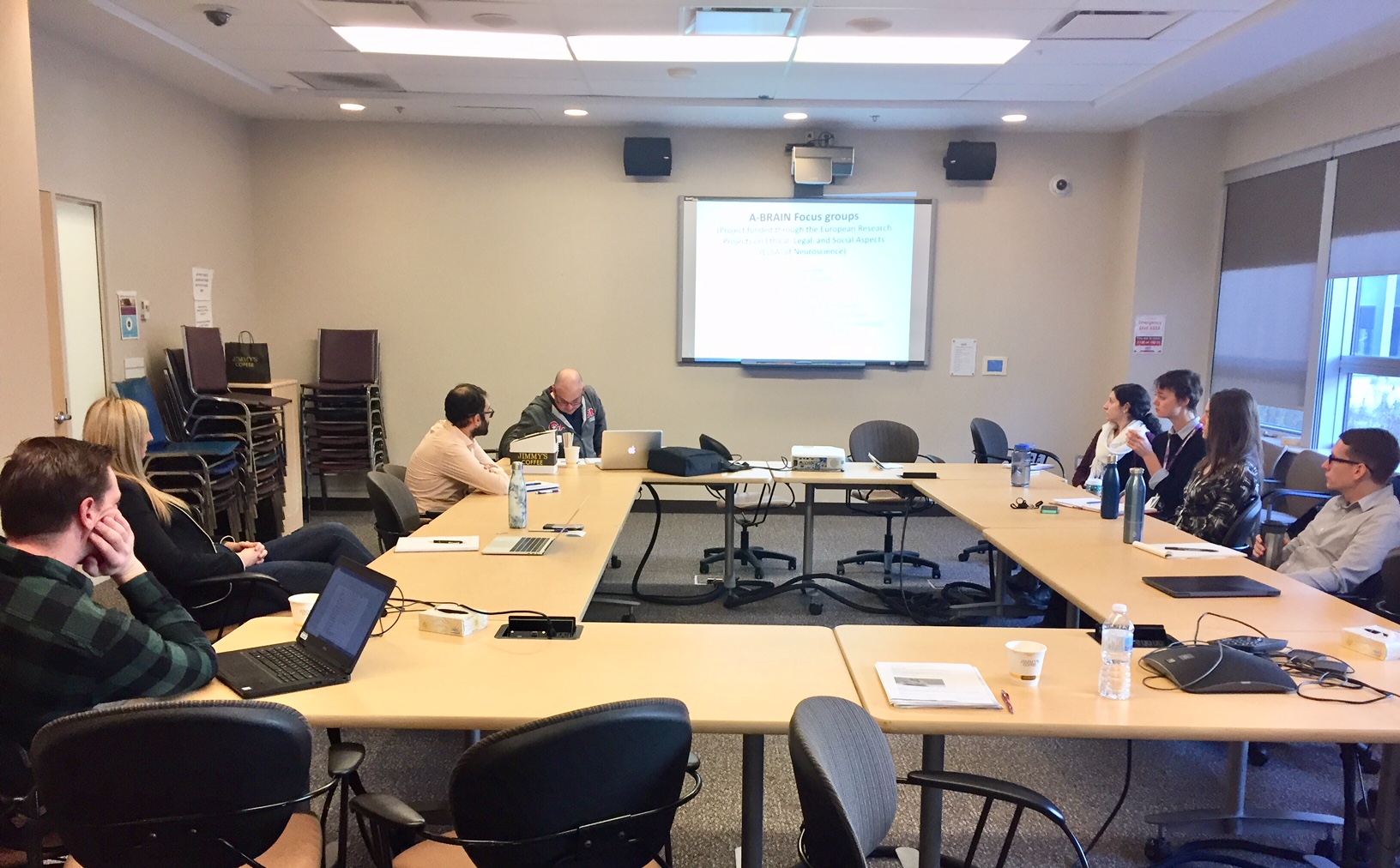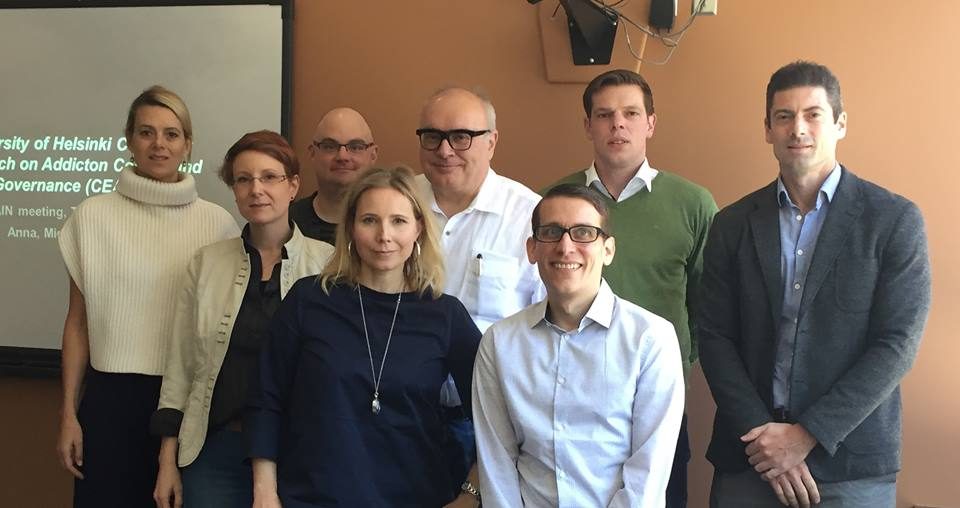The A-BRAIN (2018-2021) project concerns the implementation of the Brain Disease Model of Addiction (BDMA) and its possible implications for policy and practice. Seen in a wider perspective the project asks what it means when epistemic dogma starts situating the problems of addiction in the brain. How can this kind of knowledge be used and implemented in the most fruitful, sound and ethical ways? How can societies utilize the valuable parts of these discoveries and how does it change the ways in which we deal with addiction?
This project blog will gather and publish news, information and outcomes of the project. The official start day of the project is in Finland the 1st of March 2018.
Partner institutions are: Leibniz Institute for Prevention Research and Epidemiology (BIPS) in Bremen, CHU Ste-Justine in Montreal, Centre for Addiction and Mental Health (CAMH) in Toronto, and University of Helsinki (UH). The UH holds the lead and coordination responsibility. The funding body is ERA NET ELSA-NEURON
In the recent editorial The epistemic project of the addicted brain: Towards a socio-historical understanding consortium leader Matilda Hellman discusses the value of a socio-historical framing of the rise of the phenomenon of the addicted brain. She proposes that there is a need to “stepping out of” and “stepping into” the “epistemic state of nature”, within which true beliefs and knowledge are sought on the phenomenon of addiction. The “stepping out” can, she suggests, be achieved by a socio-historical framing whereas the “stepping in”, on its part, involves re-situating addiction research as part of the phenomenon of addiction. This can help us understand how we form the phenomenon by studying it.
The A-BRAIN will explore and measure expectations and attitudes regarding the BDMA in popular discourse, among clients and staff in treatment, and, during a prevention programme tuition trait. The results will form a base for a book in which ethical and sound implementation in governance is discussed from different perspectives.
The first work meeting of the project is in Toronto 26-28 of March, 2018.






